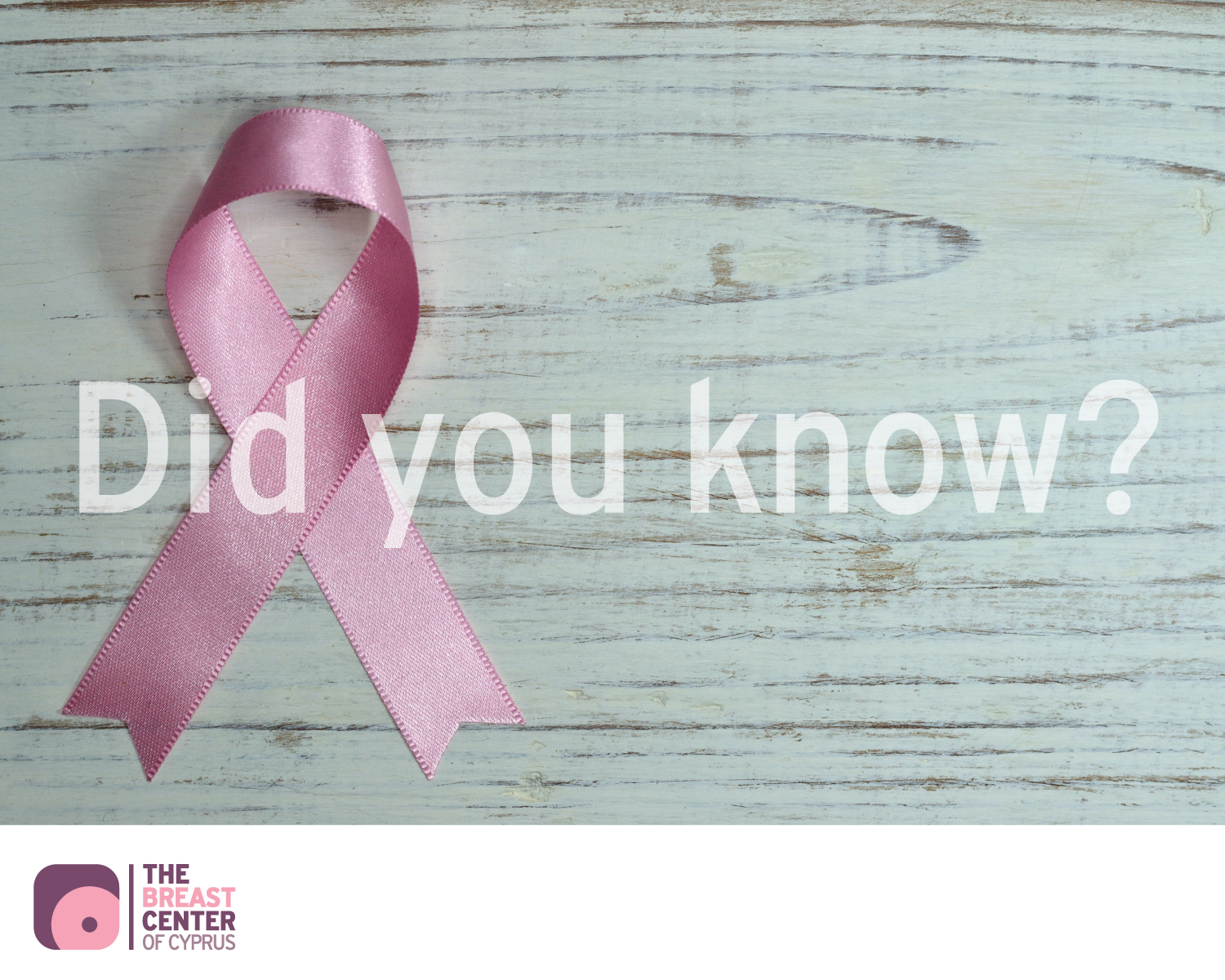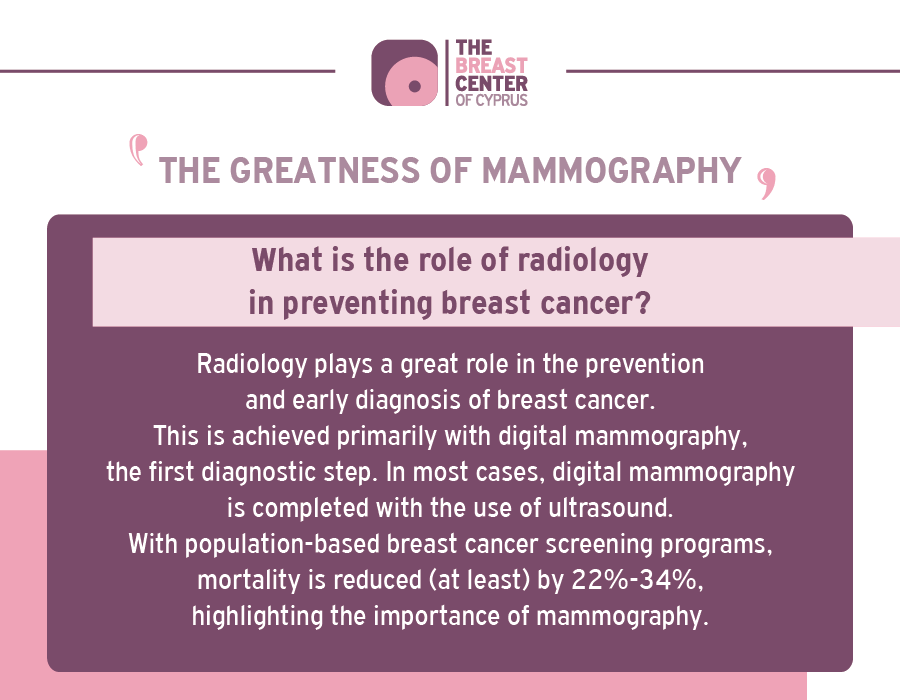
Have you tried mindfulness?
Have you tried 𝓶𝓲𝓷𝓭𝓯𝓾𝓵𝓷𝓮𝓼𝓼? Mindfulness-based interventions have been found to improve health-related quality of life, sleep, fatigue, depression, and anxiety in female breast cancer patients.
Mindfulness is “paying attention in a particular way; on purpose, in the present moment, and non-judgmentally” (Kabat-Zinn, 1994, p. 4). Suffering decreases because of holding a neutral, open awareness, allowing for acceptance of feelings and thoughts, without struggling with pain sensations, emotions, and thoughts. Mindfulness does not necessarily include enjoying your experience, but rather becoming aware of your experience. By practicing mindfulness, acceptance tends to increase.
Some mindfulness exercises include: 👇😀
Breathing mindfully – Breathing is something we do naturally and constantly. If you would like, take a moment to settle into a comfortable chair. Leave your legs uncrossed and place your hands on the armrest of the chair. Focus your attention on your breath. Notice your breath entering your nostrils while you effortlessly inhale. See if you can be aware of your breath at the very moment you inhale and exhale. Notice the changing sensations in your body on each inhale and exhale. Follow your breath all the way down to your body. Focus your attention on the exact moment when your breath is moving out of your body. Focus your awareness on the changing sensations of your chest as you inhale and exhale. If your mind or your attention begins to wander, notice that, and bring your attention back to your breath.
Performing daily activities mindfully– Examples entail mindful walking, mindful eating, mindful bathing, mindful brushing of teeth and performing any daily task with conscious awareness. For mindful walking: Closely attend to the experience of walking itself. Focus your attention on the sensations of your legs and feet. Notice the movements in your legs as they move back and forth. Notice how your legs and feet know how to move without you telling them how to do so. Be aware of how your entire body feels as it moves. If you find your mind or your attention wandering, notice that and bring your attention back to the experience of walking.
Attending to Experience: Mindfulness of Thoughts, Feelings and Physical Sensations- Feelings and thoughts are often labelled as positive and negative. In mindfulness, feelings and thoughts are neither good nor bad, they are what they are. Some feelings and thoughts may be comfortable and pleasurable, while others may be uncomfortable and difficult. Often, we are told that experiencing difficult emotions is wrong (i.e., “Be positive”, “Don’t be scared”). Mindfulness constitutes a tool for experiencing thoughts and feelings rather than avoiding them. Being mindful involves being open and present for both the joys and pains related to a meaningful life. Rather than struggling to identify the accuracy of a thought or an emotion or attempting to change the thought or emotion, mindfulness includes noticing the thoughts and the emotional experience. This exercise is about noticing whatever you are feeling/thinking, at the moment you are feeling it/thinking it, with a gentle, non-judgemental curiosity and acceptance.
Allow yourself to notice any feelings you are experiencing. Where are these feelings located in your body (i.e., chest)? Notice these physical sensations. How does your body feel right now? Now notice your thoughts at this moment. You may consider these thoughts to be important or trivial. Just notice your thoughts. Be aware of them just as thoughts/emotions/physical sensations, curiously and non-judgementally. Notice the shift of feelings, thoughts and physical sensations in your body and just sit with them.
References
Hayes, S. C., Strosahl, K. D., & Wilson, K. G. (2012). Acceptance and commitment therapy: The process and practice of mindful change (2nd ed.). New York, NY: Guilford Press.
Kabat-Zinn, J. (1994). Wherever you go, there you are: Mindfulness meditation in everyday life. New York, NY: Hyperion.
Payne, D. (2011). Mindfulness interventions for cancer patients. In M. Watson & D. W. Kissane (Eds.), Handbook of psychotherapy in cancer care (pp. 15-26). Chichester: John Wiley & Sons, Ltd.
Zettle, R. (2007). ACT for depression: A clinician’s guide to using acceptance & commitment therapy in treating depression. Oakland, CA: New Harbinger.
Marianna Zacharia, MSc, Licensed Clinical Psychologist (#371)
Clinical Psychologist of the Breast Center of Cyprus,
PhD Candidate in Clinical Psychology, ΑCThealthy Laboratory, Department of Psychology, University of Cyprus





